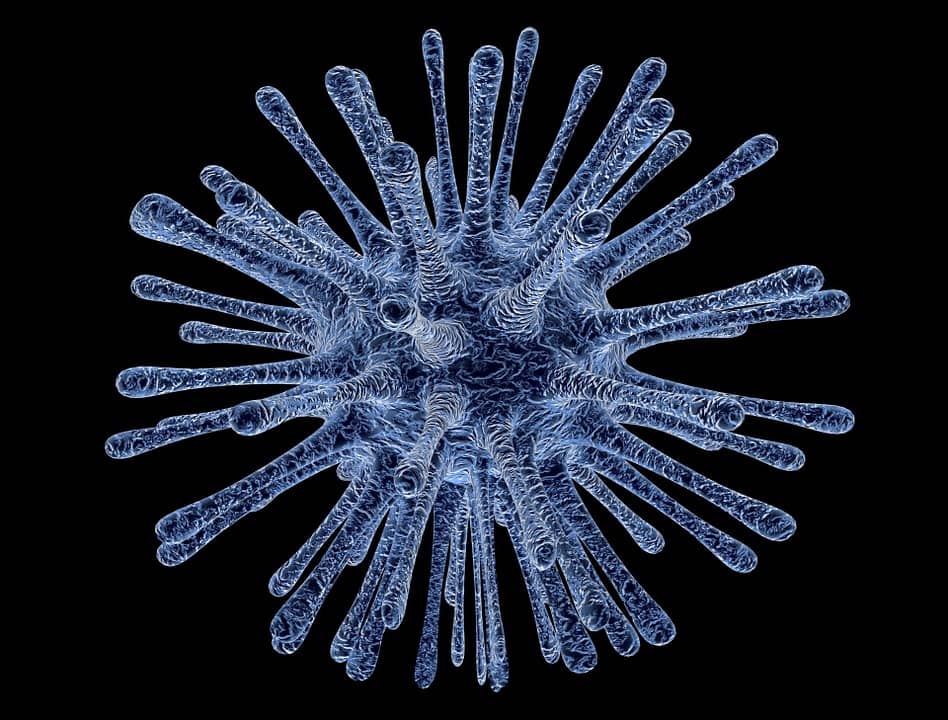On Wednesday April 22nd, 2020, the World Orphan Drug Congress held a one hour webinar that was focused on how the rare disease community could respond to the ongoing coronavirus/COVID-19 pandemic. The webinar included several audience poll questions to help gauge the biggest concerns of the attendees. The session featured a panel of stakeholders in the rare disease space:
- Sophie Schmitz, Managing Partner, Partners4Access
- Annie Kennedy, Chief of Policy and Advocacy, EveryLife Foundation for Rare Diseases
- Vikram Karnani, Executive Vice President, Chief Commercial Officer, Horizon Therapeutics
- Lynsey Chediak, Patient, Project Lead, Precision Medicine, World Economic Forum
A diverse array of attendees listened in on the webinar from around the world. As the pandemic will continue to have major impacts for the foreseeable future, the discussion focused on both the need for an immediate response and the potential for long term opportunities further down the road.
We have written before on many of the difficulties that coronavirus/COVID-19 has placed on the rare disease community, and Lynsey, speaking from the rare patient perspective, echoed many of the most frequent concerns, such as limited access to medications, physical therapy, and emergency treatment in hospitals, which have been placed under heavy pressure. Lynsey says that she felt that a lot of her medical support system was effectively “down.”
Another big challenge was the continuation of clinical trials. Financial complications and fears of spreading sickness have put some trials on pause, and few trials and study groups had a prepared response for what was happening. Caregivers have been impacted by this problem as well. Vikram of Horizon Therapeutics says that while they have had to slow down some of their trials, the biggest difficulty could be getting new trials started.
Patients may be more hesitant to get involved in trials due to fears of infection. A potential solution would be to allow for new clinical trials designs that allow for greater patient flexibility and safety while retaining scientific rigor and integrity.
Other potential solutions that were discussed during the webinar included the use of telehealth resources and remote monitoring of patients in order to avoid person to person contact or disease spread. While these technologies have already come into use, COVID-19 could allow for an expansion in the effectiveness of them. This could be useful for both ongoing treatment and clinical studies.
The 21st century health system worldwide has never had to deal with something on the scale of the COVID-19 pandemic. There is no doubt that the event will have major impacts on medicine and health in the rare disease world and beyond.






